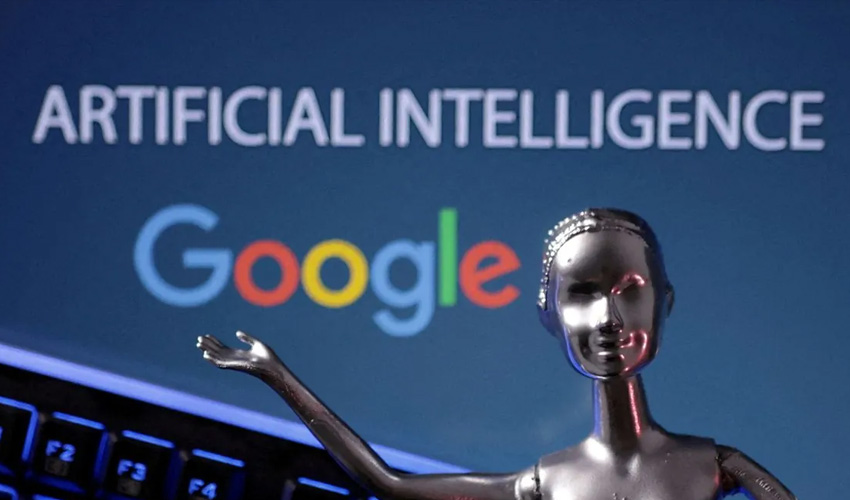Google is reportedly developing an advanced artificial intelligence (AI) model under the code name "Project Jarvis."
According to recent reports from The Verge and Reuters, this innovative AI technology aims to automate a range of tasks performed within web browsers, with a specific focus on Google Chrome.
As the global race for AI supremacy intensifies, tech giants are increasingly investing in AI to enhance user experiences. Google's Project Jarvis is designed to take control of web browsers, enabling users to streamline their online activities, including research and shopping. The AI tool will reportedly interpret screenshots, click buttons, and input text, effectively allowing it to perform routine web-based tasks with minimal human intervention.
While the potential of Project Jarvis has generated significant excitement, Google's timeline for unveiling the technology remains tentative. The company is contemplating a December launch; however, this timeline may shift as it seeks to refine the product through feedback from a select group of testers. This approach aims to identify and resolve any existing bugs before a broader rollout.
The announcement follows similar developments in the AI space, notably from Microsoft-backed OpenAI, which is also exploring the capabilities of autonomous web browsing through its own model, referred to as a "computer-using agent" (CUA). This technology aims to assist users in conducting research and carrying out tasks based on AI-generated insights. In parallel, Microsoft's Copilot Vision is being designed to engage users in conversations about the web pages they are viewing, further blurring the lines between human and machine interaction.
As competition heats up, other tech companies are racing to innovate. Apple is reportedly developing its own AI intelligence that promises to be aware of screen content and perform tasks across multiple platforms.
With Google at the forefront of this technological revolution, the implications of Project Jarvis could extend far beyond user convenience, potentially reshaping how individuals interact with the digital world. As these developments unfold, stakeholders across the tech landscape will be keenly observing Google's next moves in the rapidly evolving AI arena.


























